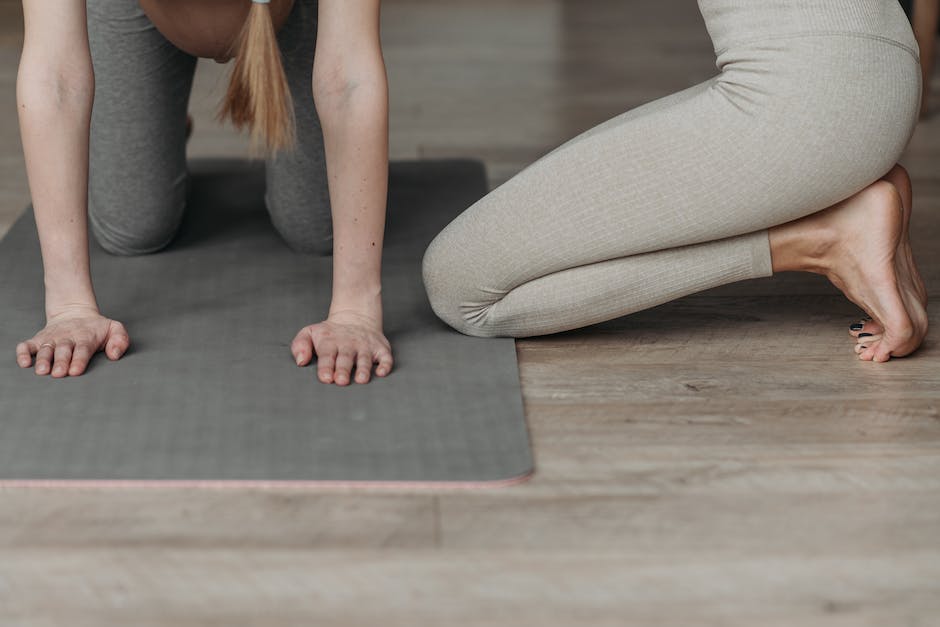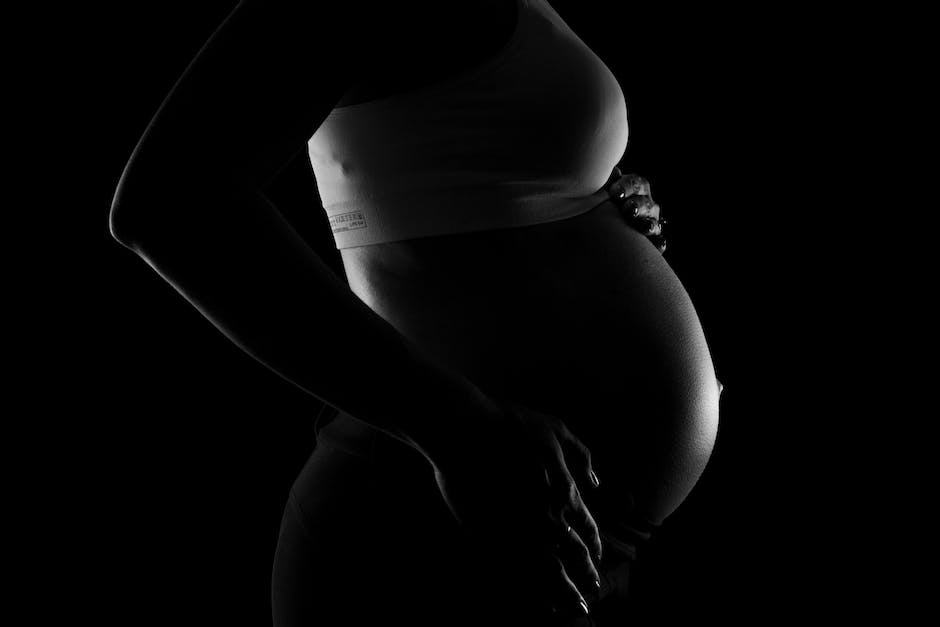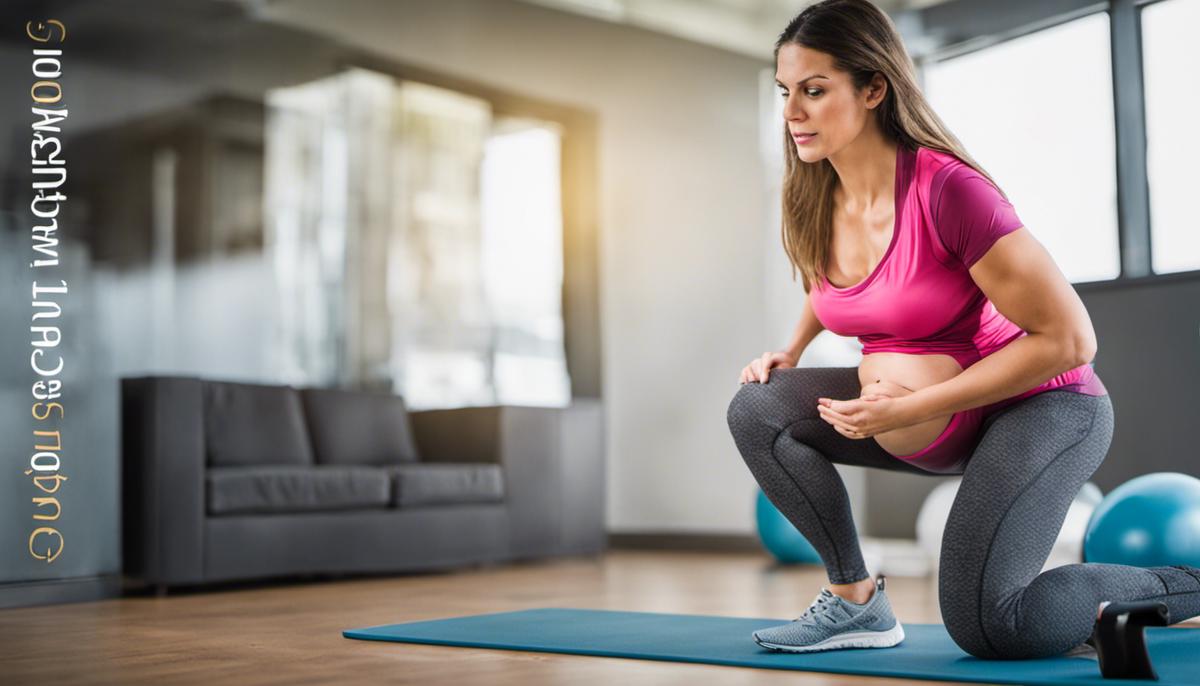Embracing motherhood offers an opportunity to witness the spectacular miracle of creation up close. As you embark on this journey carrying the spark of life, it is crucial to keep fitness at the forefront. Pregnancy is not a deterrent to maintaining a healthy lifestyle; ironically, it is a motivation. Being cognizant of the physiological changes your body undergoes and adapting to these changes is the key to staying in shape. To incorporate appropriate exercise selections, meticulous weight management, and conscious nutrition intake, every expectant mom should become well versed with pregnancy-safe workouts. Utilizing reliable resources can greatly assist in this endeavor while promoting overall well-being through rest and relaxation techniques.
Understanding the changes in your body
Understanding the Physical Changes During Pregnancy
Throughout the course of pregnancy, a woman’s body undergoes several physiological changes to support the growing fetus. These modifications can affect the mother’s physical capacity and fitness routines. Mayo Clinic provides a comprehensive overview of such changes that occur over each trimester here.
During the first trimester, most changes are internally focused, such as increased blood volume and hormonal changes. You might be dealing with nausea, fatigue, and a need for frequent urination which can impact your exercise routines.
In the second trimester, physical changes become more visible. Your weight begins to shift as your belly grows, altering your center of gravity and affecting balance. Your joints and ligaments also start to loosen up in preparation for childbirth. This can impact the types of exercise you can safely do.
Finally, in the third trimester, additional weight gain and a further shift in balance can make certain exercises challenging. You may also experience breathlessness and fatigue, which will affect your workout intensity.
Adapting Your Workout Routines
To maintain your fitness safely while pregnant, it is crucial to adapt your workout routines to accommodate these changes. Getting professional advice from a healthcare provider is the necessary first step. The Office of Women’s Health provides an excellent guide for physical activities during pregnancy here.
During the first trimester, as fatigue and nausea may prevail, gentle exercises such as walking or swimming can be ideal. Yoga and Pilates can also be safe options if modified for pregnancy.
In the second trimester, as your balance changes due to a growing belly, exercises that require extensive balance might need to be avoided or modified. Low-impact routines such as prenatal yoga, cycling on a stationary bike, or swimming could be optimal.
For the third trimester, when breathlessness becomes common, it is vital to listen to your body and adjust the intensity of your workouts accordingly. You may wish to slow down and focus on light strength training and stretching exercises.
Stay Informed About Trimester-Specific Changes
Education is key when it comes to staying in shape while pregnant. Spend considerable time learning about how your body changes in each trimester and understand how these changes affect your workouts. Staying informed is not only beneficial to yourself but also to your upcoming bundle of joy.
If you want to maintain an active lifestyle during pregnancy, it is important to be flexible and willing to adapt according to your changing physical capabilities. Pregnancy is a beautiful journey, and understanding your body’s changes can help you enjoy this period while keeping fit and healthy.

Safe Exercise routines during pregnancy
Pregnancy-Safe Workouts
Pregnancy is a transformational period in life, necessitating adjustments to daily routines – including fitness activities. Staying in shape while expecting is possible and highly recommended for the health of both the expectant mother and the unborn baby. One of the best ways to maintain fitness during pregnancy is through safe, pregnancy-adapted workouts. It’s important to consult your healthcare provider before starting any new fitness routine.
Prenatal Yoga and Pilates
“Pregnancy-safe workouts” are designed to accommodate the changing body and hormonal fluctuations that come along with pregnancy. Two such options include prenatal yoga and Pilates. These low-impact exercises boost strength, flexibility, and balance without stressing the joints. Prenatal yoga focuses on relaxation and breathing techniques – tools that can be particularly useful during labor. On the other hand, prenatal Pilates strengthens the core and improves posture, keeping the lower back in check as the belly grows. Yoga Journal offers a comprehensive guide to yoga during pregnancy that you can find here. An excellent Pilates resource for pregnant women is available here.
Low-Impact Exercises
Low-impact exercises are another beneficial way to stay fit during pregnancy. Walking, swimming, stationary cycling, and low-impact aerobics limit stress on your joints while offering an effective workout. These forms of exercises are also cardio exercises, advantageous for improving circulation, easing back pain, and boosting overall muscle tone and strength. The American Pregnancy Association provides a detailed list of recommended exercises during pregnancy here.
Online Workout Classes and Fitness Apps
In our digital age, there is an abundance of online workout classes and fitness apps designed specifically for pregnant individuals. These digital platforms provide guidance, motivation, and an easy way to keep track of your fitness journey during pregnancy. A prime example of pregnancy-specific fitness app is ‘Baby2Body’, which delivers daily customized fitness and wellness advice. These virtual fitness solutions offer the flexibility to work out from the comfort of home and accommodate your shifting schedule during pregnancy. You can explore the ‘Baby2Body’ app here.
Staying in shape while pregnant doesn’t have to be a daunting task. With resources like prenatal yoga or Pilates, low-impact exercises, and fitness apps like ‘Baby2Body’, expectant individuals can effectively maintain their health throughout their pregnancy.

Nutrition and weight management
The Importance of a Balanced Diet
Having a balanced diet is essential while pregnant. Your body undergoes significant changes and needs additional vitamins, minerals, and nutrients to ensure both your own health and your baby’s growth and development. Consuming a variety of nutritious foods can provide these essential elements, helping to manage weight effectively.
Consult Reliable Resources
It’s crucial to consult reliable sources, such as the American Pregnancy Association or Mayo Clinic or your OBGYN to understand what specific foods to include in your diet during pregnancy. These trusted medical resources provide detailed guidelines on the nutrient requirements for expectant mothers and can significantly assist in planning a healthy diet.
Vital Nutrients for Expectant Mothers
Vital nutrients for pregnant women include Folic acid, Iron, Calcium, and Vitamin D. Folic acid is critical in the early stages of pregnancy to prevent neural tube defects. Iron helps in the production of hemoglobin, that transports oxygen to your baby, while calcium is essential for your baby’s developing bones. Vitamin D promotes bone health and immunity.
Incorporating Healthy Foods
It’s important to incorporate whole grains, fruits and vegetables, and lean proteins into your diet. Whole grains are high in fiber, helping to ease constipation, a common problem during pregnancy. Fruits and vegetables are also high in fiber and provide essential vitamins and minerals. Lean proteins, such as chicken, turkey, and fish, can supply the necessary protein intake.
Hydration is Key
Staying hydrated is also a fundamental part of maintaining good health during pregnancy. Drinking at least eight glasses of water each day can help prevent dehydration, constipation, and even preterm labor.
Safe Exercise During Pregnancy
Along with a balanced diet, light exercise is another effective way to stay in shape while pregnant. Women can engage in swimming, walking, and low-impact prenatal workouts to remain active. Always consult with a healthcare professional before starting any exercise program while pregnant.
Maintain Regular Prenatal Check-ups
Lastly, regular prenatal check-ups allow healthcare professionals to monitor your weight gain and ensure your diet is providing the necessary nutrients for you and your baby’s well-being. These constant feedback sessions can be your guides on your journey towards maintaining a healthy pregnancy.
Collectively, these steps can be your blueprint to staying in shape while pregnant, promoting a healthy development for your baby, and contributing to your overall well-being during this critical period.

The role of rest and relaxation
Understanding the Importance of Rest and Relaxation during Pregnancy
When it comes to staying in shape during pregnancy, rest and relaxation play a fundamental role. Pregnant women undergo various physical and hormonal changes that can lead to fatigue and heightened stress levels. Hence, understanding the importance of proper rest cannot be stressed enough. A study indicates a strong correlation between maternal sleep deprivation and increased risk for preterm birth and low birth weight. By allowing the body to rejuvenate, adequate rest and sleep aid in maintaining optimal physical health and mental functioning.
Exploring Deep Breathing and Meditation For Managing Stress
One effective technique to manage stress during pregnancy is deep breathing and meditation. Deep breathing can help lower heart rate and blood pressure, promoting overall relaxation. Meditation, too, plays a valuable part in managing stress, improving mood, and fostering a positive pregnancy experience. Research published in Obstetrics and Gynecology disclosed that relaxation techniques, including deep breathing and meditation, helped decrease pain during childbirth and reduced the risk of postpartum depression.
To practice deep breathing, find a quiet, comfortable place, close your eyes, and focus on slowly inhaling deeply through your nose, filling your abdomen, then slowly exhale through your mouth. Repeat this process several times until you feel more relaxed. To meditate, maintain the deep breathing and focus your mind on a positive mantra or mental image, blocking out disruptive thoughts.
The Connection between Sleep, Recovery, and Staying In Shape
Adequate sleep is essential to recovery and staying in shape during pregnancy. As per National Sleep Foundation, your body increases the production of certain growth hormones during deep sleep stages that assist in tissue repair and the maintenance of a healthy immune system. This recovery process you experience during sleep helps prepare your body for the physical demands of the coming day, allowing you to stay active, fit, and healthy during your pregnancy.
Furthermore, poor sleep can disrupt the balance of hormones that regulate hunger and satiety, leading to unhealthy eating habits and weight gain. Therefore, maintaining a regular sleep schedule, encouraging relaxation before bed, and ensuring your environment supports quality sleep should be an integral part of your plan to stay in shape during pregnancy.
In conclusion, rest, relaxation, deep breathing, and meditation are pivotal in promoting general well-being and staying in shape during pregnancy. These practices will not only help manage stress but also contribute directly to a healthier, smoother pregnancy.

To encapsulate, cultivating a healthy lifestyle while pregnant is a dynamic balance of adapting to physiological shifts, integrating safe exercise, emphasizing nutritional wellness, and fostering relaxation. As you nurture the life within, be mindful of your own health and wellbeing, understanding that it serves as the foundation for your baby’s future. Explore constantly evolving digital resources to supplement your journey and guide you in your transformation. Prioritizing your fitness and wellbeing during pregnancy not only enables you to witness the miracle of motherhood in the best possible sense but also ensures that you pave the way for the arrival of a healthy, happy baby.
